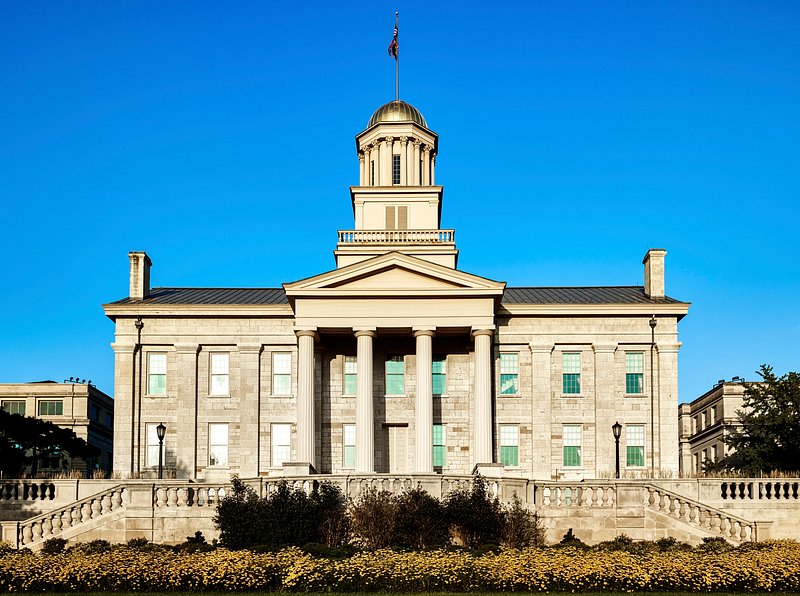South Dakota Lawmakers Face Scrutiny Over Travel Expenses Amidst Election Setbacks
PIERRE, S.D. — February 10, 2025 — A revealing report by the South Dakota Broadcasters Association sheds light on the travel expenses accumulated by state lawmakers, totaling $52,977.39 in 2024. Notably, this expenditure comes even as several legislators face electoral defeat or choose not to seek re-election. The cost, albeit significant, marks a notable decrease from the over $90,000 spent in 2023, primarily on conferences and state-related travel ventures. With the taxpayer’s dollar under scrutiny, how justifiable are these expenses amidst changing political tides?
South Dakota, known for its stunning Badlands and Mount Rushmore, is also the stage for its robust political discourse. The state’s governance history and its impact on the local economy and society are fundamental aspects to consider when evaluating these recent developments.
Key Findings from 2024
- The travel reimbursements declined from the $90,000 amassed in 2023.
- Twenty-four lawmakers were reimbursed, with Senator Larry Zikmund topping the list, attributing $8,175.50 to travel expenses.
- Former Senators Jack Kolbeck and Reynold Nesiba, despite being unable to return to the Senate, continued to charge the state for travel.
- Legislators who chose not to re-run or lost their primaries also accrued over $10,000.
- Conferences ranged from New Orleans to Quebec, aligning with the educational aims touted as their purpose.
While the overall expenditure saw a reduction, certain lawmakers like former Senator Kolbeck remained in the political loop, achieving a new appointment. Governor Larry Rhoden’s decision to assign him to the District 13 House seat highlights the persistent nature of political engagement, regardless of electoral losses.
Justifications for travel expenses during a “lame duck” period — when lawmakers are either outgoing or facing uncertain political futures — often stress the advance booking of conferences, which, in many cases, span educational purposes aimed at enhancing governance efficiency. This rationale, however, hasn’t shielded the practice from criticism, especially with ongoing debates regarding its ethics.
In Pierre, the debate over curbing such ‘lame duck’ travel expenditures remains palpable. An initial legislative proposal aiming to address these costs failed in the State House back in 2023, unable to gain traction over concerns that the issue required a policy, rather than a statutory adjustment. Despite this, Speaker of the House Jon Hansen has indicated the possibility of future deliberations on handling these expense claims through the Legislature’s Executive Board.
Implications for South Dakota Residents
For residents, the issue encompasses larger themes reflective of South Dakota’s governance and political landscape. With such a gap between fiscal prudence and political necessity, constituents are left weighing the effectiveness and accountability of their elected representatives. As discussions continue to measure policy options against statutory changes, the South Dakota public remains watchful over the allocation of their hard-earned tax contributions.
South Dakota’s political dynamics are essential for understanding the state’s priorities amid advancing acts of legislature that directly impact communities, from agricultural subsidies to educational reforms. Understanding these processes through real-world occurrences, such as travel spending scrutiny, forms a pivotal part of civic engagement.
Engage with this ongoing conversation or reach out directly for additional details and citizen engagement opportunities at [email protected].
